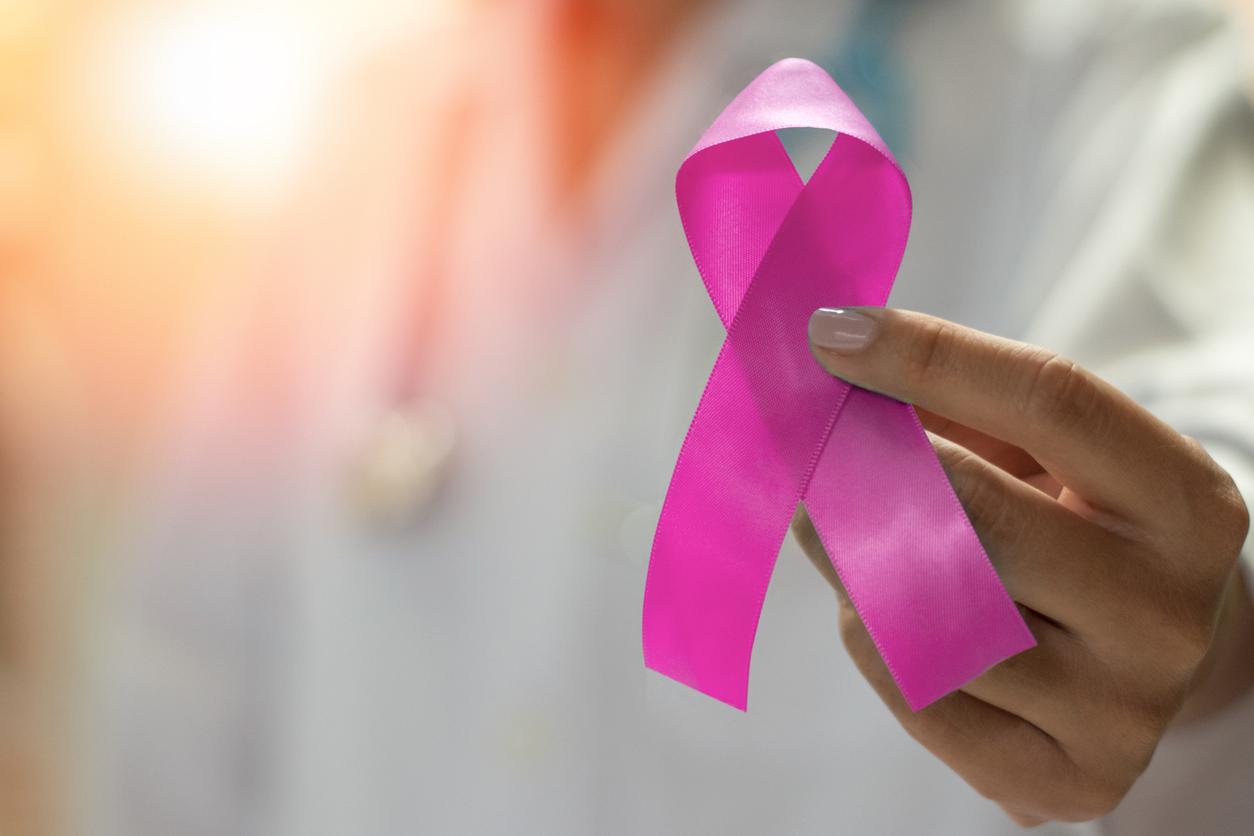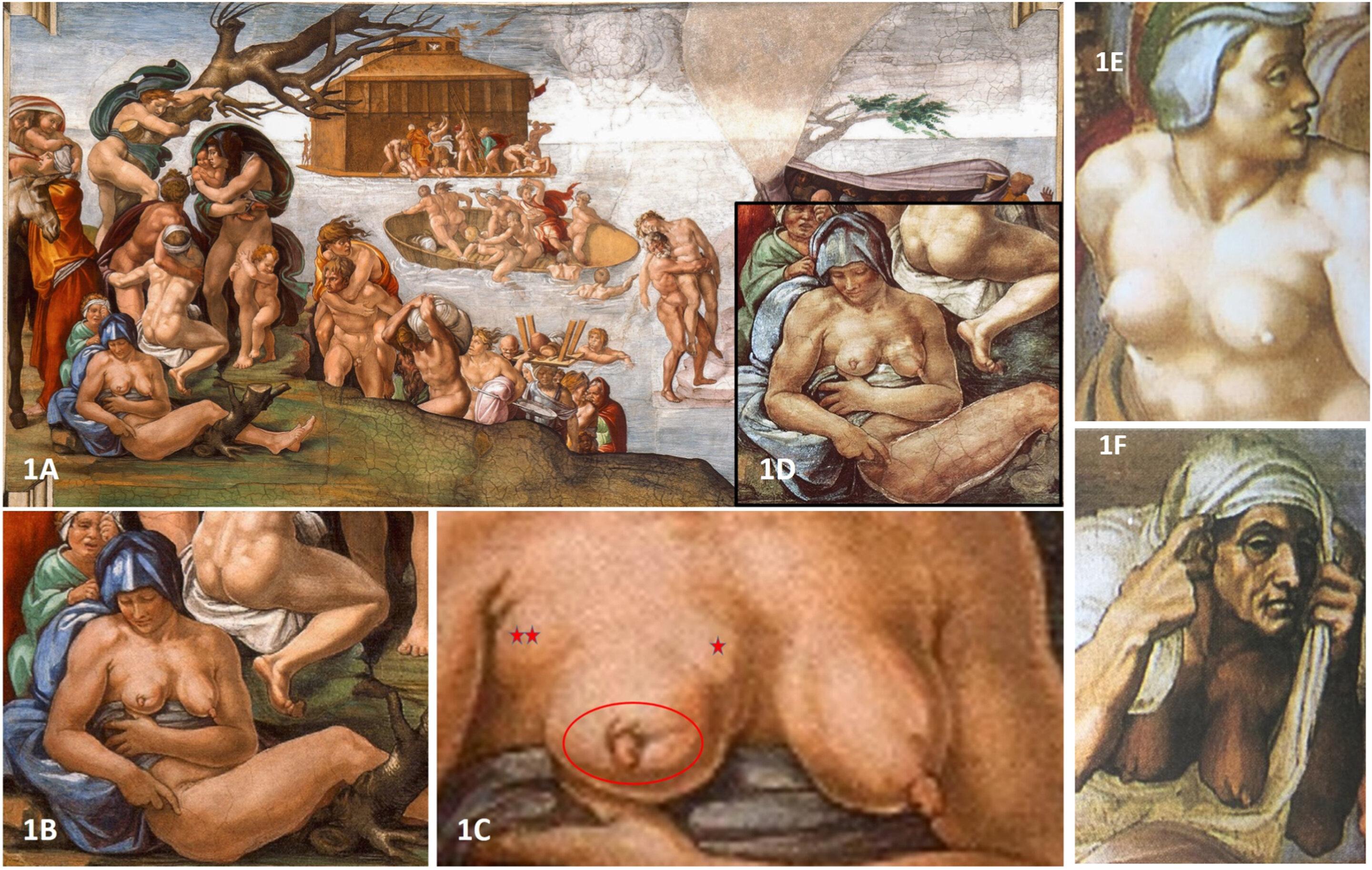According to a new Swiss study, stress hormones can complicate the treatment of breast cancer. Ultimately, this discovery could lead to the development of new treatments for cases of triple negative tumors.

If we have known for a long time that the stress is bad for your health, we now have more details on these direct effects on breast cancer, in particular the triple negative. Indeed, Swiss researchers have succeeded in deciphering the mysterious molecular mechanisms linking metastatic breast cancer and stress hormones. They also discovered that synthetic derivatives of stress hormones, often used as anti-inflammatory therapy in the treatment of the disease, decreased the effectiveness of chemotherapy. Their study, published on Tuesday March 13 in the scientific journal Naturebrings hope for the 15% of women with this form of tumor that is so complicated to treat.
To reach these conclusions, researchers from the University of Basel (Switzerland) worked on mice with triple-negative breast cancer, which is the most difficult to treat because it is resistant to conventional treatments. They discovered that the metastases had increased the activity of the glucocorticoid receptor (GR), which regulates the effects of stress hormones such as cortisol. In detail, stress hormone concentrations were higher in mice with metastases than in others. Thus, high levels of stress hormones activate GR, increasing cancer cell invasion and ultimately decreasing life expectancy.
RG also balances the effects of synthetic derivatives of cortisol like dexamethasone, widely used to treat the side effects of chemotherapy. However, the researchers discovered that in groups of sick mice, the effectiveness of chemotherapies for breast cancer decreased when they were administered with dexamethasone. Specialists must therefore be very careful when prescribing glucocorticoid hormones to patients with breast cancer, notes the study.
Physical exercise and relaxation to improve the patient’s life expectancy
“Tumor heterogeneity is a significant hurdle in treatment. These findings highlight the importance of managing patient stress well, particularly in those with triple negative breast cancer,” says Professor Bentires-Alj , who led the study. Indeed, as the disease progresses, the tumor diversifies and the difference between cancer cells can lead to inadequate treatment. “Moderate exercises and relaxation techniques increase the patient’s quality of life and life expectancy. This has been proven,” he also recalls.
Breast cancer is the most diagnosed in women. In 2017, nearly 60,000 new cases were diagnosed in France. That same year, the disease caused 12,000 deaths. However, its mortality rate has greatly decreased in 15 years due to better screening and more effective therapies. Today, the five-year survival rate after diagnosis varies from 80 to 90% depending on age and type of cancer. But if most tumors are eradicated thanks to very precise treatments, 15% of patients suffer from triple negative breast cancer, ie without any known marker on the surface of the cancerous cells, likely to respond to a known targeted therapy.
“The women affected are often younger than average. In some cases, it is a hereditary form of breast cancer, with a genetic mutation”, explains Professor Martine Piccart, international specialist in breast cancer on the Institut Curie website. “The urgency today is to find treatments that work for these women. Hope is there, and a large number of protocols today focus on these tumors, particularly in immunotherapy”, insists- she. It is therefore essential that researchers deepen their understanding of triple negative cancers. Hopefully the findings from the University of Basel can pave the way for new treatments for this kind of tumour.

.

















